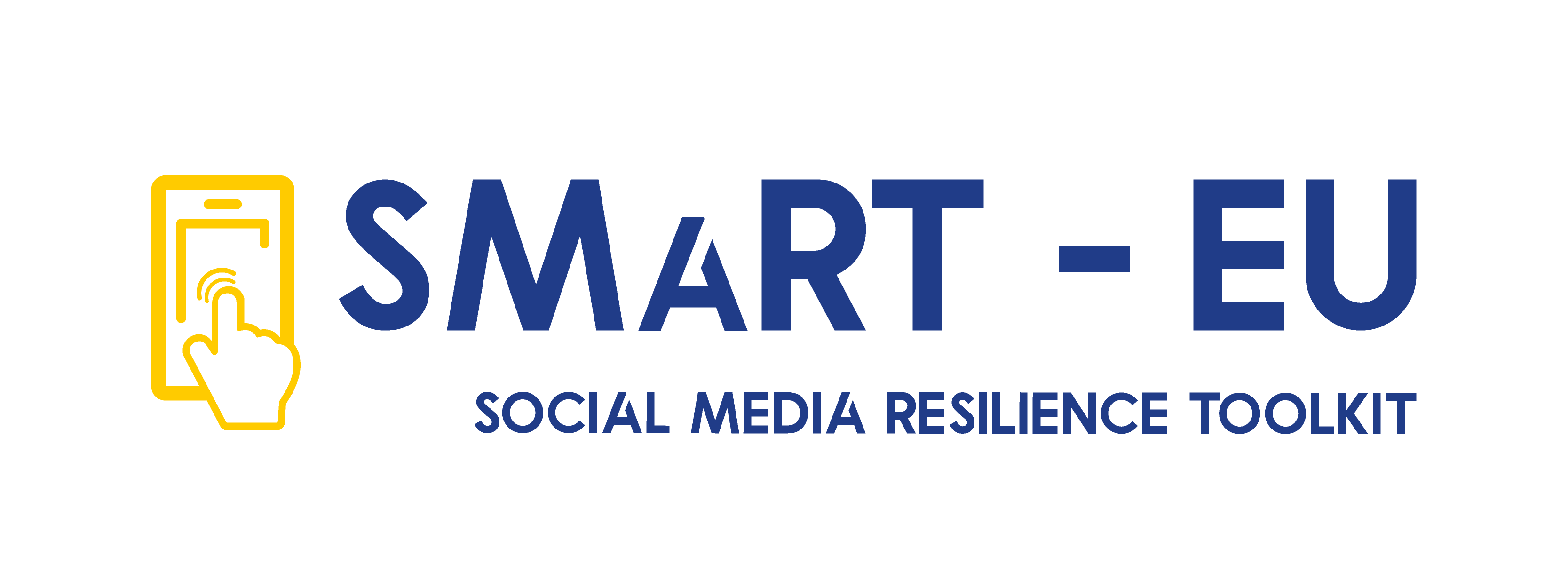Older people
The trend of population ageing in contemporary societies determines the need to consider older adults’ heterogeneous nature and experiences (Amaral & Daniel, 2018). The first challenge is to define the age range of the ‘older adults’. The World Health Organization defines that older people’s age groups should be conceptualised according to their socio-cultural and economic-political characteristics. In the European Union, it is acknowledged that older citizens are people over 65, according to retirement standards. The United Nations argues that old adults are all people over 60 years old. In Africa, and considering the countries’ socioeconomic diversity, it is consensual to define old adults as people over 50. However, ageing is not restricted to old age, as it describes the ageing process at any stage of life (Fernández–Ballesteros, 2003). Read more.
Media Literacy Key concepts
Media literacy is the ability to identify different types of media and understand the messages they’re sending. According to the European Union, it involves the capacity of accessing, critically understanding and engaging with the different media available. Read more.
Online Civic Engagement
UNICEF defines civic engagement as “individual or collective actions in which people participate to improve the well-being of communities or society in general”. It is a fundamental process to democracy, through which people take action, in a collective manner, to address issues of public concern. Read more.
Resilience to disinformation and fake news
Today, citizens are highly exposed to large scale disinformation, including false and misleading information, assuming different expressions and conceptualization. As the European Commission states, it is one of Europe’s major challenges. Read more.
